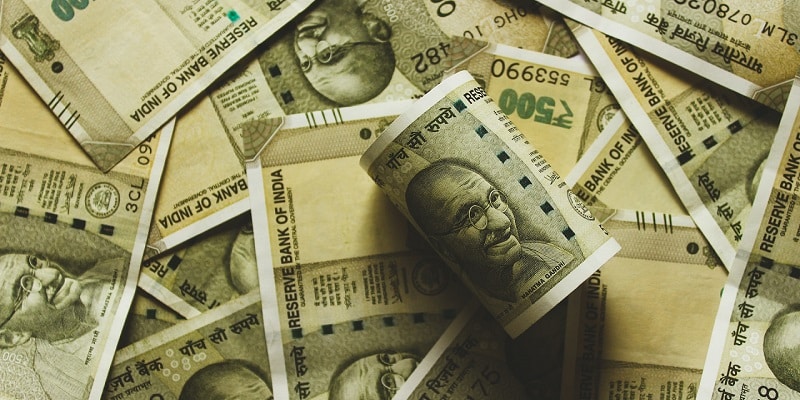
The crazy tax in India is still going ahead. News from GST Directive confirms the taxation policy and plans for India’s online gambling. (Photo by rupixen.com on Unsplash.com)
The Indian Union Finance Minister, Nirmala Sitharaman, announced that a 28% Goods and Services Tax (GST) on the full-face value for online gaming, casinos, and horse racing is set to be introduced from October 1.
And the word on the street is that the GST council has finalised the methods it will use to determine the supply value of online gaming, sports betting, and casinos for the tax imposition.
Someone, somewhere has got this all wrong. How on earth the country thinks the taxes will help the industry I do not know. It’s extremely old school thinking!
Not only will tax drive citizens of India away from domestic companies, some may fall for scam casinos. Much like the ones listed and mentioned the blacklisted live casino guide here on Livecasinocentral.
India’s Online Gambling Industry Doomed: How can the country’s casinos and sports books online compete with the MGA and Curacao licenced gambling platforms? Where there is a will, there is a way, and there is no way the country can use resources to keep track of this type of gambling activity.
GST Council’s Position and Future Plans
During a press conference, Sitharaman highlighted those certain states had reservations about the proposed tax rate. A minister from Delhi expressed a desire to review the 28% GST on online gaming. Goa and Sikkim indicated that the decision could negatively impact their revenue streams. Goa specifically suggested taxing the Gross Gaming Revenue (GGR) rather than the face value, while Sikkim requested reconsideration for casinos.
Sitharaman elaborated that the GST Council plans to review their position six months after the new tax takes effect on October 1, 2023. The actionable claims in casinos will be determined based on the amount paid, payable to, or deposited with the supplier. This excludes the amount used for games/bets or the total value comprising the bet and profit. The 28% GST will apply at the entry-level, i.e., the amount deposited with the online platform rather than on individual bets or winnings.
Industry Feedback
During a virtual meeting chaired by Sitharaman, the GST Council members confirmed the changes proposed in the GST law. Industry representatives from the Federation of Indian Fantasy Sports (FIFS) and E-Gaming Federation (EGF) responded to the decision at the 51st GST Council meeting.
They acknowledged the government’s effort to address their concerns about double taxation. However, they also noted that the new tax framework could lead to a hefty 350% increase in GST, which could significantly hamper the progress of the Indian online gaming industry. Despite this, they believe it provides an opportunity for gaming companies to innovate and re-establish the gaming foundation in India.
Government’s Stance on the Tax
After the GST Council’s decision in July, over 100 gaming companies voiced opposition. Yet, government officials maintain that the 28% GST on online gaming and casinos will persist. They believe that applying the tax on the gross value is the most straightforward method, especially for businesses that may only sometimes be transparent. This decision is backed by the consensus of all states and the central government.
Commenting on the new GST, an official emphasised the challenges of monitoring individual earnings in such sectors, comparing the complexities of online gaming with that of casinos. They highlighted the impracticality of having inspectors for every table or transaction and mentioned the difficulties in itemising and calculating various elements within the industry.
Gaming Classification and Societal Implications
Government sources underscored the risks associated with online gaming. Labelling them as ‘sin goods,’ they stressed the need for high taxation, particularly as young children might become emotionally and financially heavily invested. Additionally, the government clarified that there would be “no distinction” between games of skill and chance as long as they involve monetary transactions.
Where will players head instead of domestic online gambling options? Many of the players will head to cryptocurrency casinos or to casinos that accept INR and use offshore companies not listed as gambling firms to deal with payment processing.


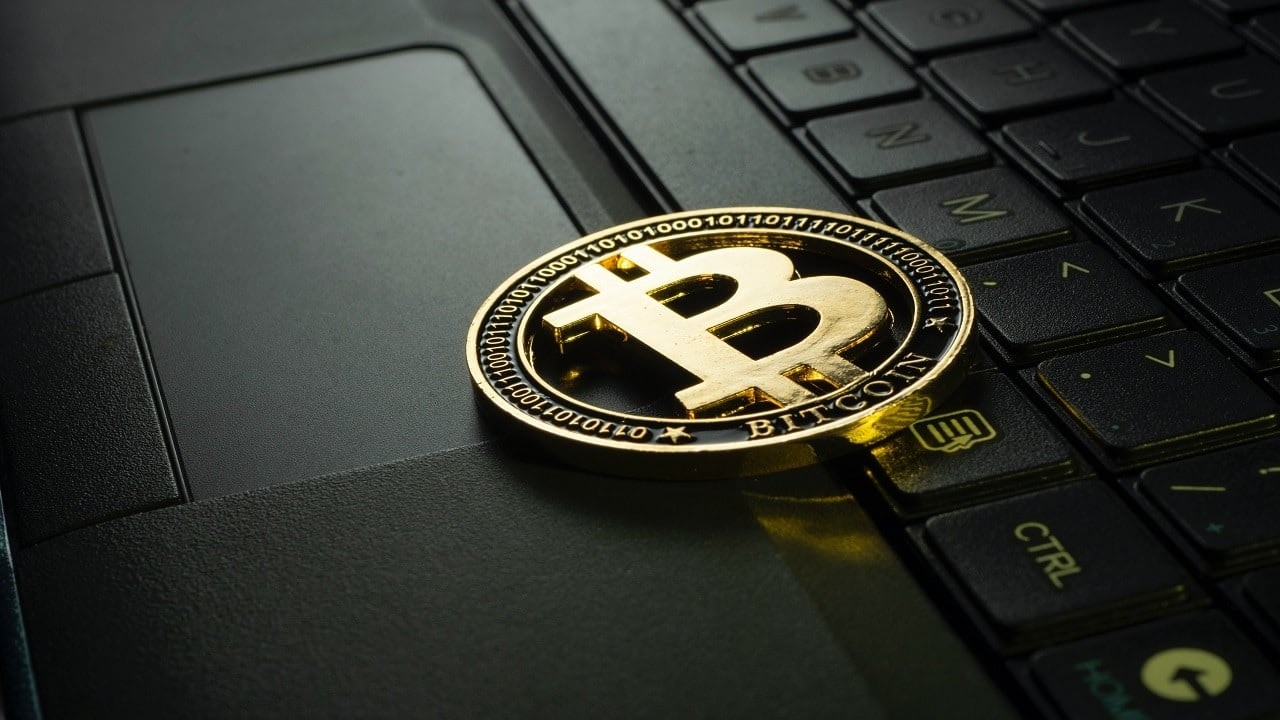



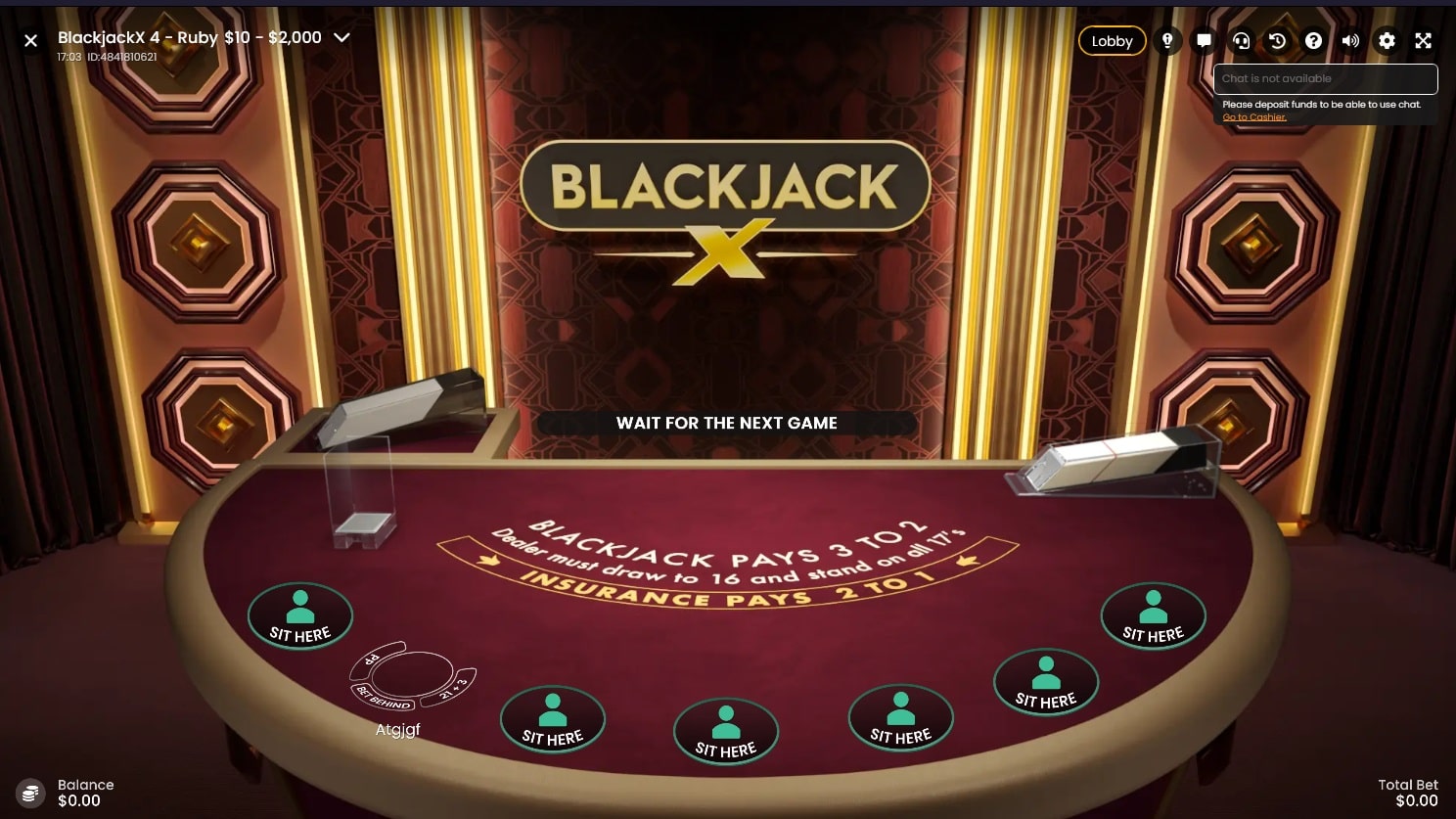



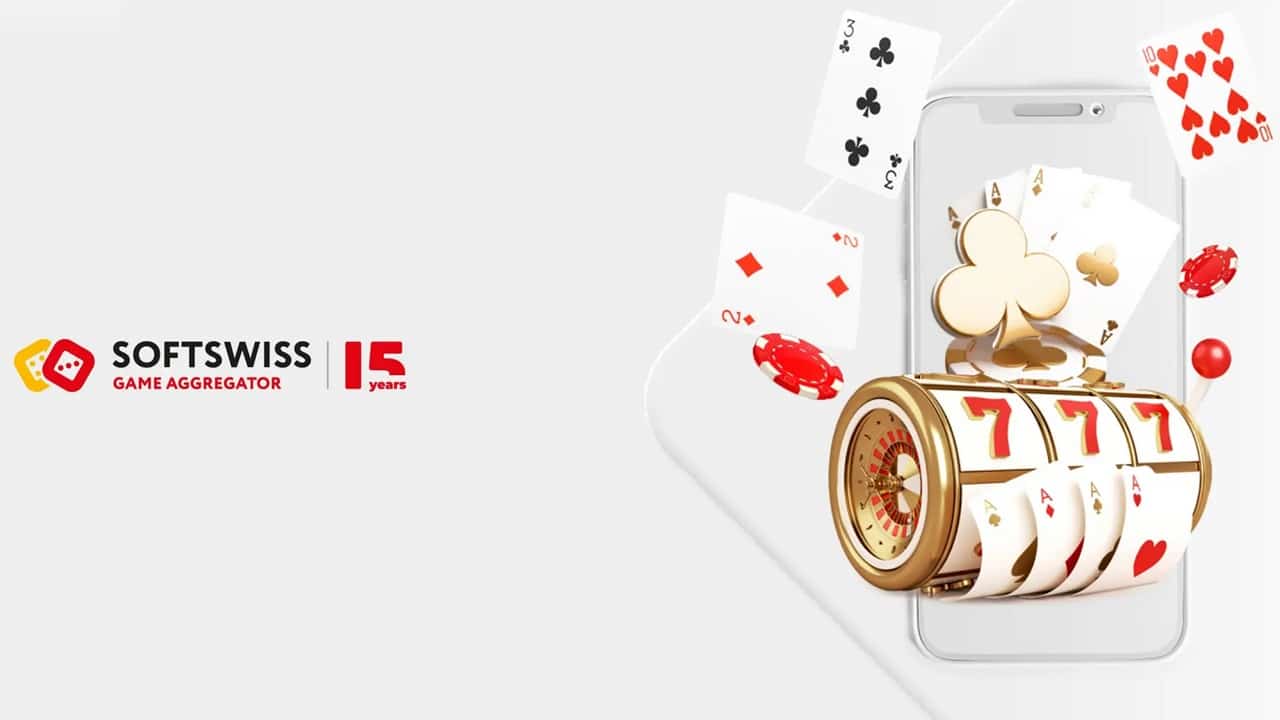
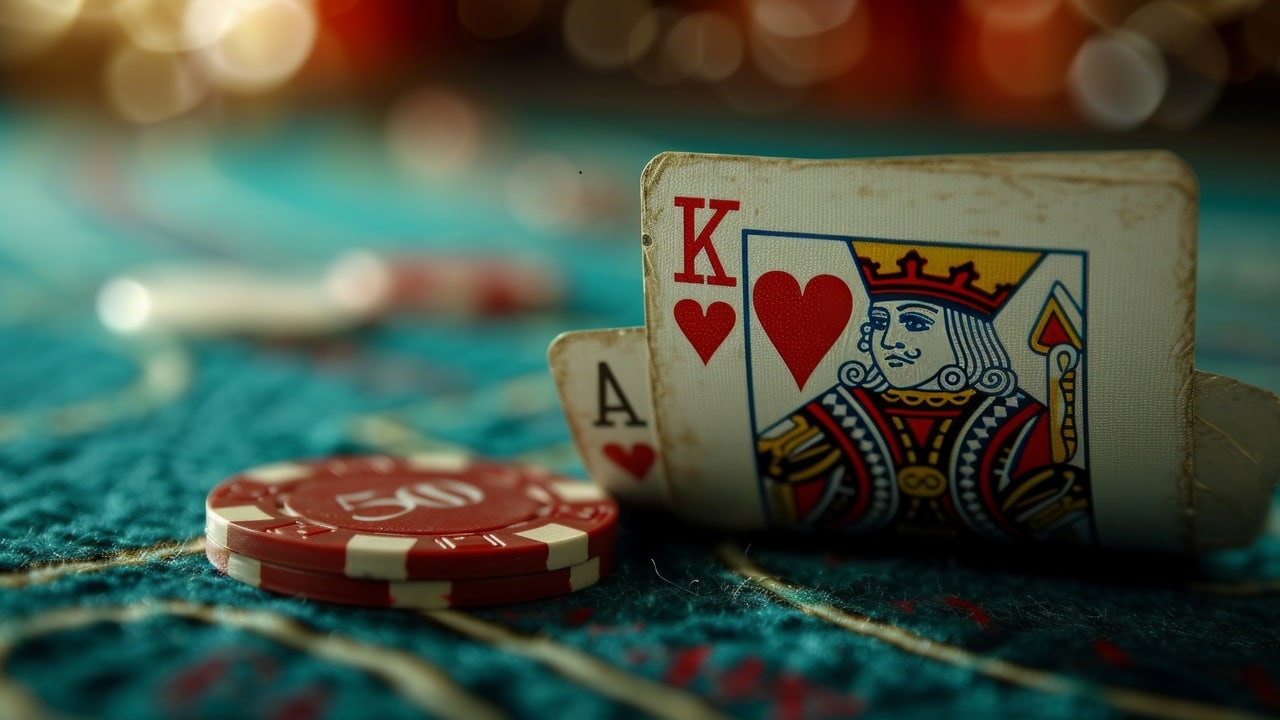

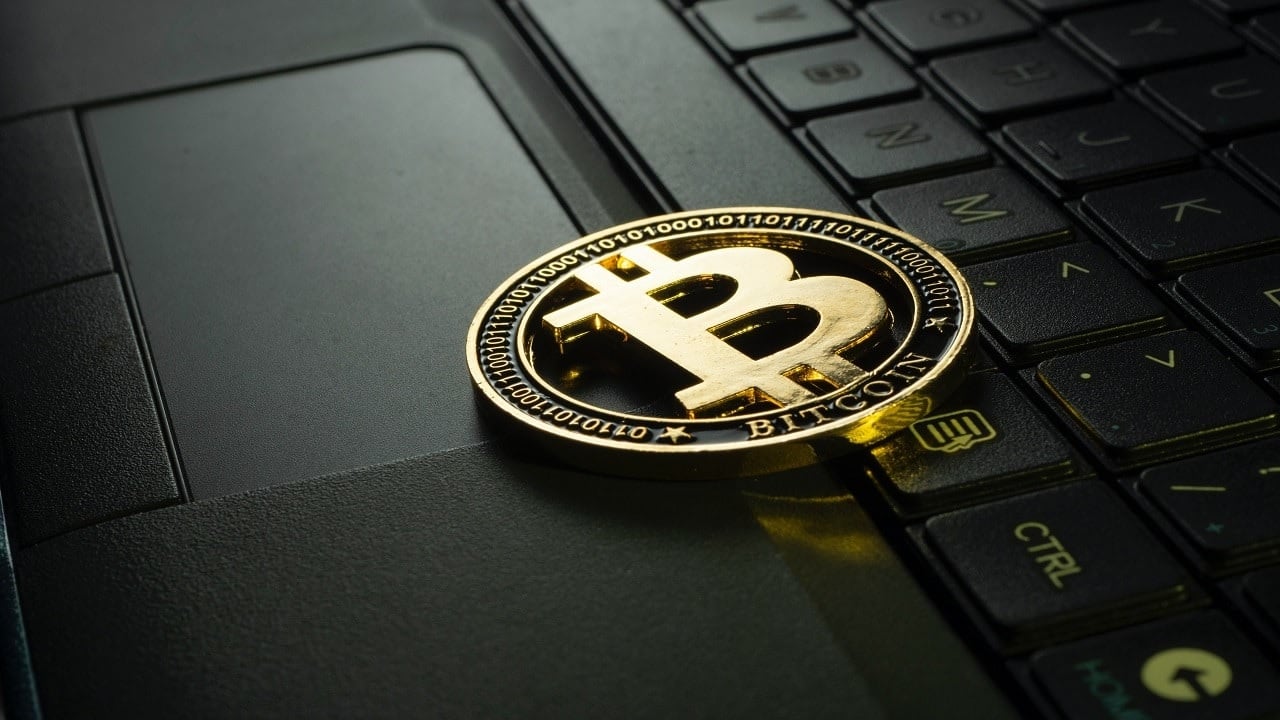



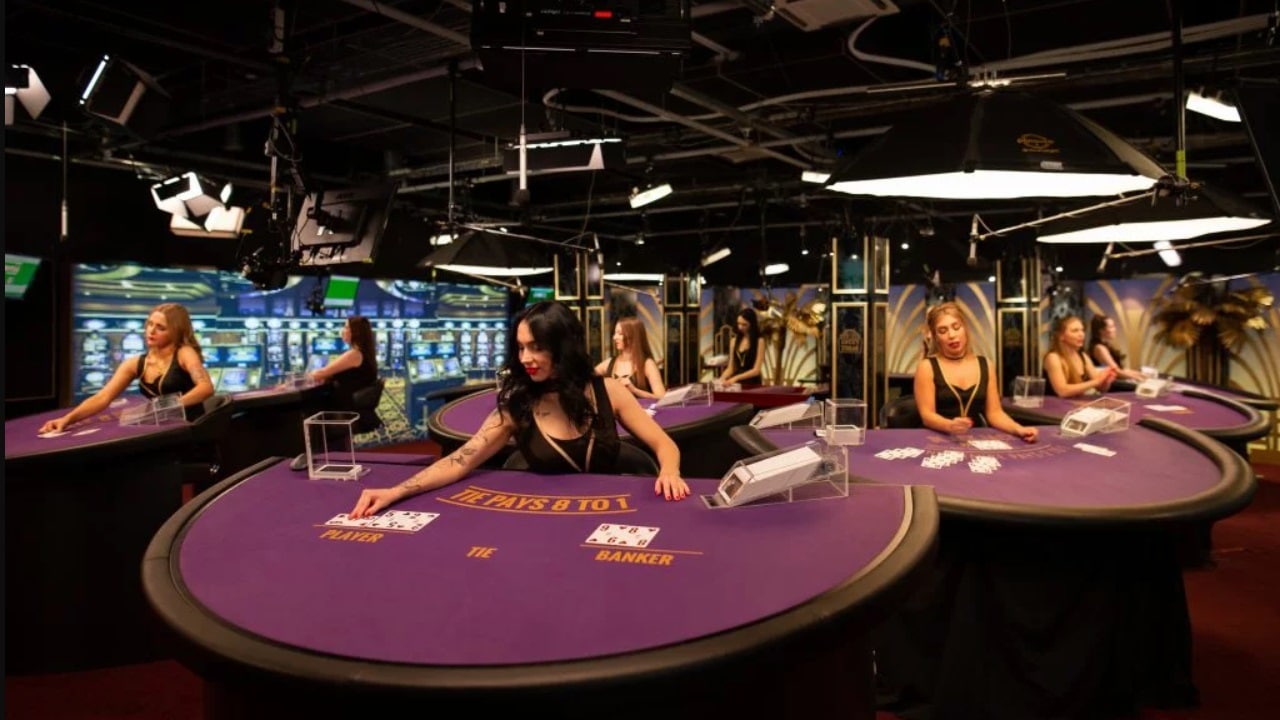


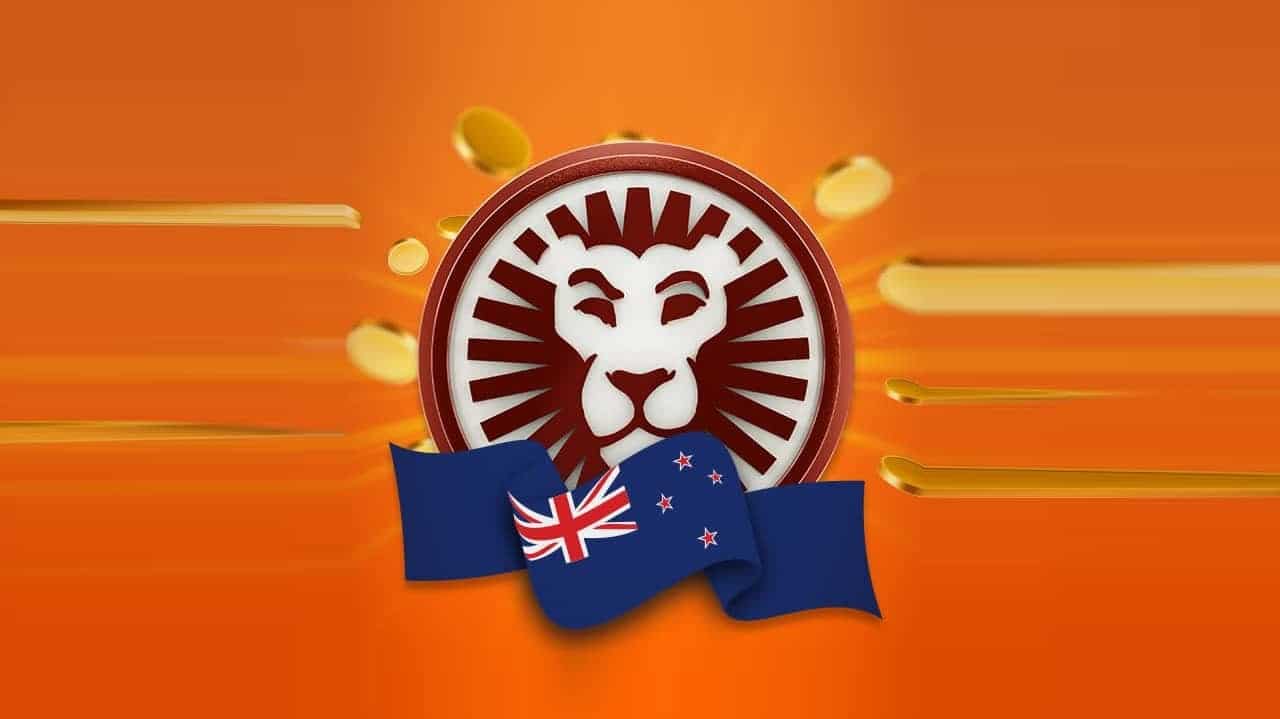
Leave A Comment